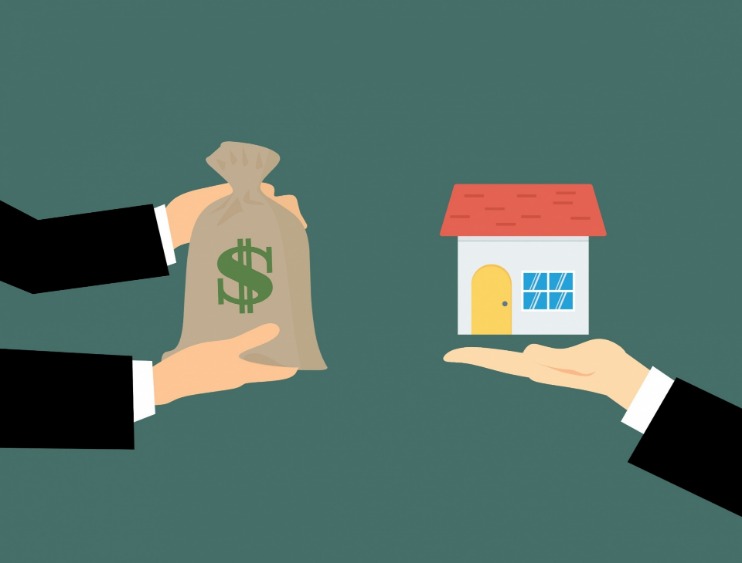Understanding the true value of your home is an essential step whether you’re planning to sell, refinance, or simply wanting an update on your investment. The process of property valuation involves a thorough analysis of various factors that contribute to a home’s worth. It’s not just about the physical structure; several other elements come into play.
What Influences Property Valuation?
The value of a property is dynamic and influenced by multiple factors, including:
- Location: Proximity to schools, parks, public transport, and shopping centers can significantly impact a home’s value.
- Market Conditions: The real estate market fluctuates, impacting property prices depending on the economy, interest rates, and demand and supply dynamics.
- Property Condition: Updated kitchens, bathrooms, and a well-maintained exterior add considerable value.
- Size and Layout: Square footage and a functional layout that suits modern living can increase value.
- Amenities and Features: Pools, garages, and energy-efficient installations contribute positively.
Navigating the Home Evaluation Process
Engaging a professional appraiser or real estate expert can streamline the property evaluation process. These professionals take a comprehensive approach to determine an accurate figure. Here’s how it typically works:
- Initial Assessment: A comparative market analysis is conducted by examining similar properties in the neighborhood.
- Property Inspection: Both external and internal factors are scrutinized, including structural integrity and any enhancements made.
- Market Analysis: The current market trends are analyzed to forecast potential shifts in property values.
Common Questions About Property Valuation
Q: How often should I get my property evaluated?
A: It’s advisable to get an evaluation every 1-2 years or before a significant transaction.
Q: Can improvements always increase my home’s value?
A: While some enhancements add value, others might not result in a high return on investment. Consult with a professional before undertaking large projects.
Having a clear understanding of property valuation puts homeowners in a strong position, whether you’re negotiating with buyers, refinancing, or simply monitoring your asset’s growth over time. As the real estate landscape continues to evolve, staying informed ensures you make the best decisions for your property.



